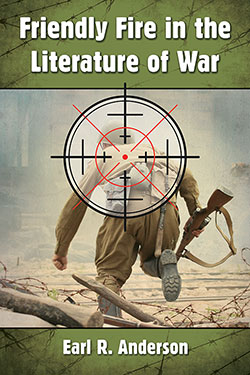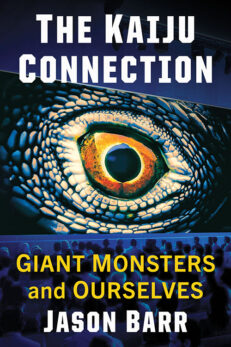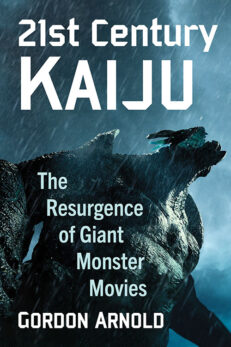Friendly Fire in the Literature of War
$49.95
In stock
About the Book
The term “friendly fire” was coined in the 1970s but the theme appears in literature from ancient times to the present. It begins the narrative in Aeschylus’s Persians and Larry Heinemann’s Paco’s Story. It marks the turning point in Homer’s Iliad, Virgil’s Aeneid, the Chanson de Roland, Stephen Crane’s The Red Badge of Courage and Tim O’Brien’s Going After Cacciato. It is the subject of transformative disclosure in Jaan Kross’s Czar’s Madman, Ron Kovic’s Born on the Fourth of July, O’Brien’s In the Lake of the Woods and A.B. Yehoshua’s Friendly Fire. In some stories, events propel the characters into a friendly-fire catastrophe, as in Thomas Taylor’s A Piece of this Country and Oliver Stone’s 1986 film Platoon. This study examines friendly fire in a broad range of literary contexts.
About the Author(s)
Bibliographic Details
Earl R. Anderson
Format: softcover (6 x 9)
Pages: 232
Bibliographic Info: notes, bibliography, index
Copyright Date: 2017
pISBN: 978-1-4766-6721-8
eISBN: 978-1-4766-2818-9
Imprint: McFarland
Table of Contents
Table of Contents
Preface 1
Introduction 4
Part I: The Mythic Mode
1. Divine Agents of Friendly Fire: Athena and Pan 9
2. Divine Agents of Friendly Fire: Ancient and Modern 22
Part II: The Heroic Mode
3. Battlefield Psychology 35
4. Defense of a Narrow Place 46
5. Fragging 62
Part III: The Analytic Mode
6. Friendly Fire and Tactics 81
7. Persistent Cultural Frontiers 105
8. War-Elephants on the Cultural Frontier 128
Part IV: The Ironic Mode
9. The Banality of Friendly Fire 143
10. War-Cries and Passwords 165
11. Uncanny Disclosure 176
Chapter Notes 189
Bibliography 198
Index 217





